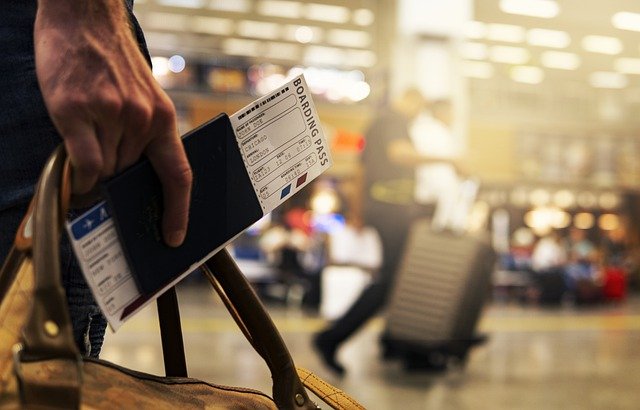One of the important factors a judge takes into consideration at a defendant’s bail hearing is whether or not they’re a flight risk. Sometimes when a suspect is charged with a serious crime their eligibility for bail comes into question. This is due to the fact that, depending on the nature of the crime, the circumstances of their case, and their prior criminal history, an individual may be deemed a threat to the community if they’re released.
Determining whether or not a defendant is a flight risk is a little less cut and dry. Typically, a judge will first assess the defendant’s ties to the community, if any. When a defendant has a job, home, and family in the surrounding community, they tend to be less of a flight risk than those who do not.
Defendants with family in the area are less likely to skip bail because they have people whom they can depend on and get support from. Additionally, if they do happen to skip bail, law enforcement has the defendant’s family members who can provide information on their whereabouts.
Having a job or attending school in the area is also another significant tie to the community that reflects well on a defendant. Most people who have jobs can’t afford to live without them, and will therefore need to continue attending work while they are out on bail. School works in a similar fashion. Defendants are less likely to skip town and risk failing their classes.
Finally, the judge will take a look at the defendant’s financial status. Defendants who are wealthy or well-off can pose a higher risk for skipping bail simply because they have the means to do so if they choose. Defendants of lesser financial means usually don’t.
Ultimately, whether or not a defendant poses a flight risk is up to the judge, but most defendants end up eligible for bail and are not considered a flight risk.






